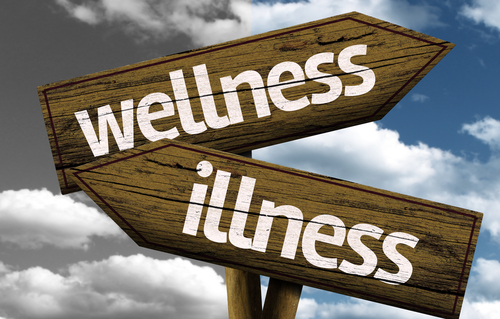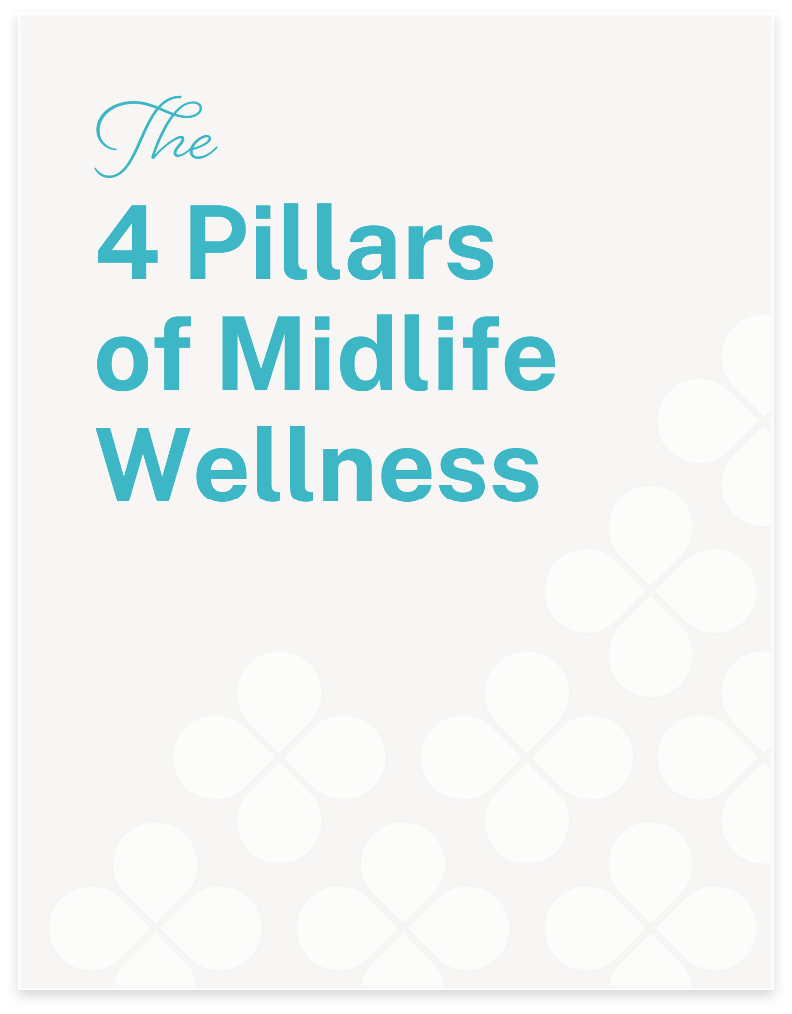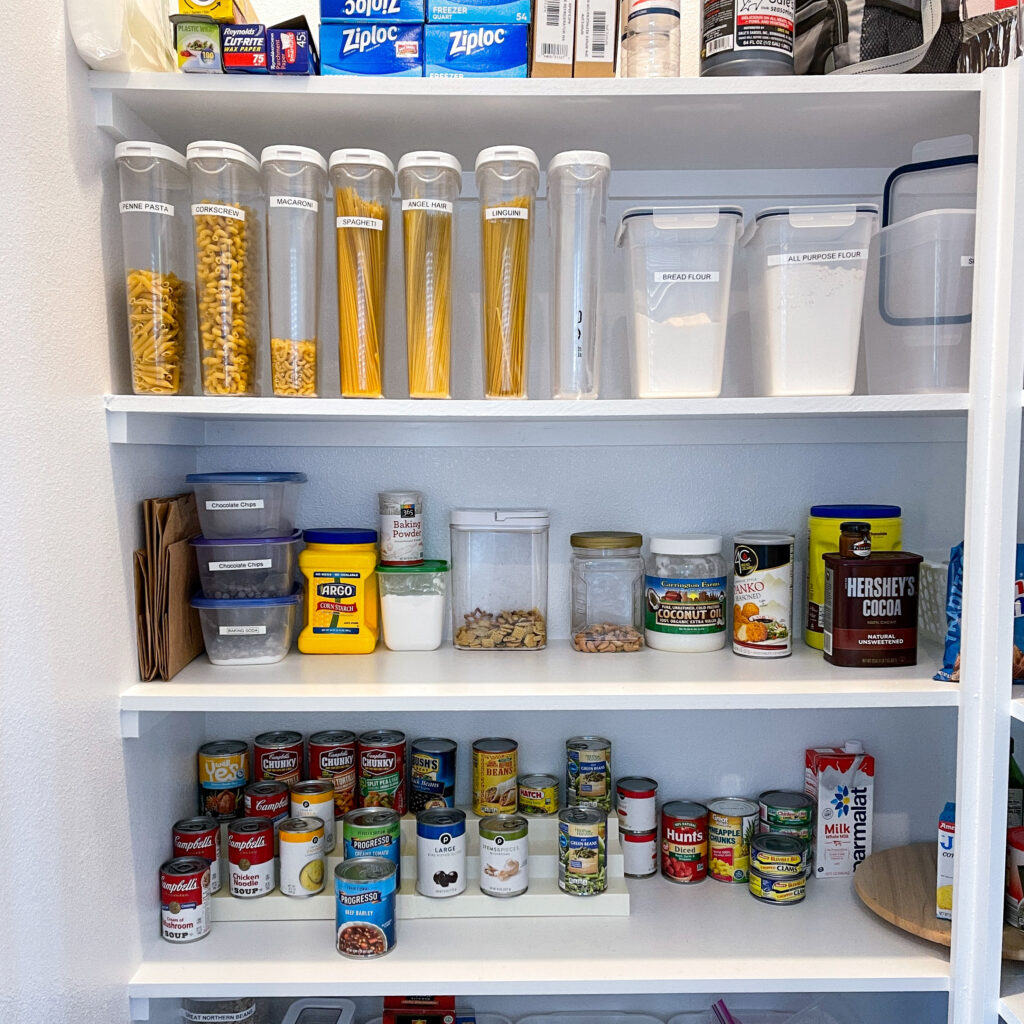Do Fear-Based Nutrition Messages Really Work?

An old Chinese proverb suggests “It is better to light a candle than to curse the darkness”. The meaning behind this proverb is that in bad times or hopelessness, it’s better to do something – no matter how small – than to curse your plight or misery. Lately, I’m wondering if we need to do both.
I don’t know about you, but although fear-based messages about food and nutrition in media and advertising may be “something” aimed at improving health and wellness, they drive me nuts because of the negative effect these messages have on a significant number of people.
Consider the following statements I’ve read recently: “cow’s milk is toxic”; “sugar and carbohydrate-based foods are the underlying cause of all disease”; “GMO’s cause cancer”; “animal products cause heart disease and death.” Really? We know that for sure? Of course each of these proclamations is from “an expert” that has something to sell – a book, a diet program, supplements, a blog, endorsements, an industry. So perhaps I feel the need to “curse the darkness.”
Recently, I listened to a highly credentialed food and nutrition expert discuss an important topic related to food, mood and the brain. Initially, I was captivated by the research and science related to what we are learning in the field of neuroscience.
And then it started…the preaching or “nutrition evangelism” (as I like to call it). That idea that it is her “duty” to question and convince everyone – at parties, in the grocery store, wherever – that what they are eating is making them sick; will cause a horrible disease; and will likely result in a pain-filled and shortened life. This is where the “expert” lost me.
Look, I get it. We live in a sedentary and toxic food environment with a lot of choices that aren’t so helpful for achieving optimal wellness – and other choices that are. And, the reality is that many individuals are truly struggling to navigate this “toxic” environment. But, for the “experts” out there – describe a time you sat with an individual, or group of people, struggling with binge eating, disordered eating, or just their relationship with food, eating and weight? Have you heard about the pain and trauma people experience when you follow through on your “duty” to proclaim what they have in their grocery cart is “bad”; “will make them fat” and “cause horrible disease?”
Or, how about the latest viral video (interestingly sponsored by Chipotle) that so dramatically describes how horrible the food industry is? So, it’s okay to eat the Chipotle burrito that has the nutritional equivalent of more than 2 meals because their food is from some non-GMO, organic farm? Sadly, this was distributed through a news feed to folks who already struggle with disordered eating.
The reality is that this dramatic, fear-based strategy doesn’t work, as evidenced by most victims of this experience reporting more anxiety and stress; increased cycles of restricting and overeating; more shame, guilt and clinical depression. The truth is that some people may benefit from lowering their carbohydrate intake, replacing cow’s milk, or more carefully considering their selection of foods. It’s likely we all need to move more and “eat more real food.” But, a one-size-fits-all approach is not the answer and catastrophizing the situation doesn’t help anyone and likely causes more damage.
Instead, consider asking yourself the following questions when reviewing health and nutrition information for “something” that may help YOU feel more hopeful with your health goals:
What are they trying to sell me?
Does it sound too good to be true?
Is the message informative or make me feel worried, bad, guilty?
Is the information based on un-biased scientific research?
There are a LOT of different opinions about what is “healthy” and “what is not.” What I’ve heard from my clients is that people need more positive messages based on credible evidence about food and nutrition and how to make realistic lifestyle change, i.e. when choosing fast food, consider wholesome food choices such as a burrito bowl, with tortillas on the side, and make your own reasonable-sized burrito (with leftovers to spare). Only then will people be able to experience the freedom to choose what will work for them; rather than coerced or “bullied” into something that benefits the seller – not optimal wellness.

With nearly two decades of experience as a registered dietitian, I’ve gained a deep understanding of the unique health challenges faced by women as they age, particularly during menopause. I hope to help you embrace midlife with confidence and vitality, and to show you that with the right mindset and approach, aging can be a time of great empowerment and joy.

Ready to prioritize your midlife health and wellness? The Four Pillars of Midlife Wellness will provide you with a fresh perspective on food, nutrition, health, and your body, enabling you to embrace your full potential and cultivate a robust sense of well-being throughout midlife and beyond!


